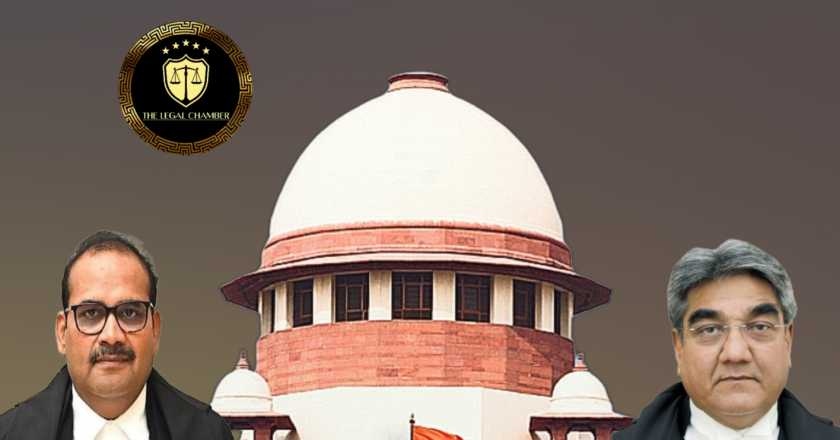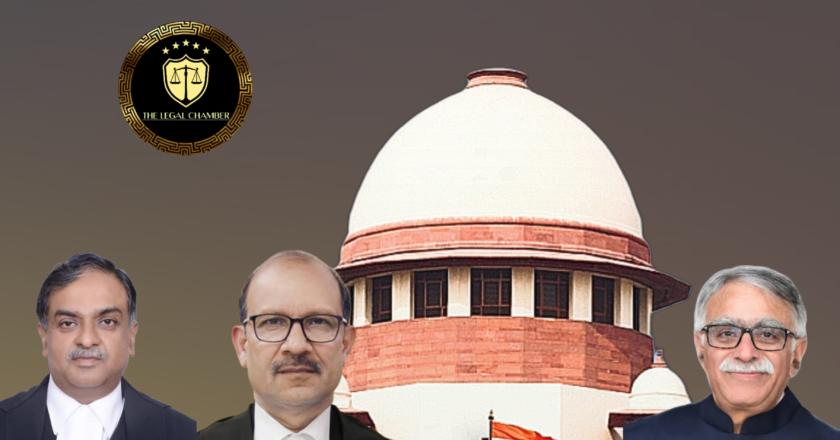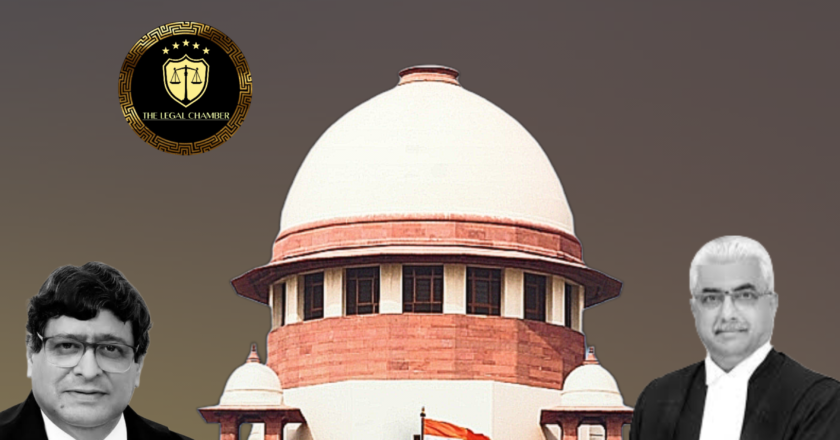Supreme Court: Prosecution Without Confirmed Penalty is Abuse of Process
The Supreme Court quashed the prosecution under Section 276C(1) of the Income Tax Act, 1961, holding that its continuation after a conclusive settlement order granting immunity from penalty was an abuse of process. The Revenue's action was in blatant disregard of its own binding circulars which mandated prosecution only after penalty confirmation by the ITAT.
Facts Of The Case:
A search u/s 132 of the Income Tax Act, 1961, was conducted at the appellant's residence on 24.04.2016, leading to the seizure of unaccounted cash. Based on this, the Revenue initiated prosecution u/s 276C(1) for the Assessment Year 2017-2018, alleging a wilful attempt to evade tax. The appellant's petition before the High Court to quash these proceedings was dismissed. Subsequently, the appellant filed an...









